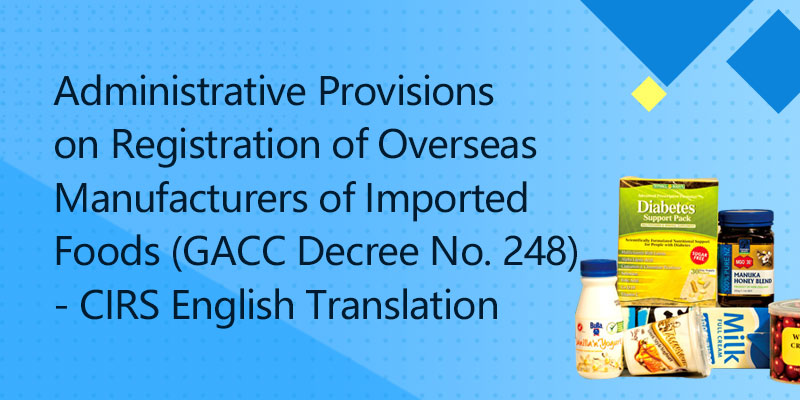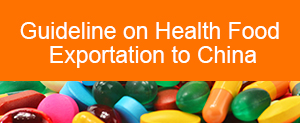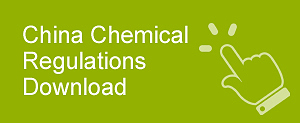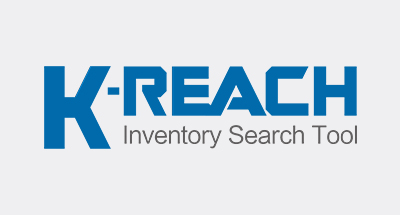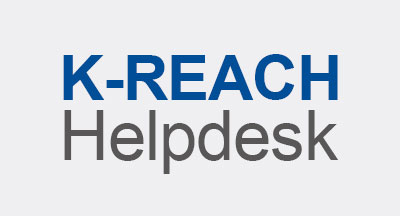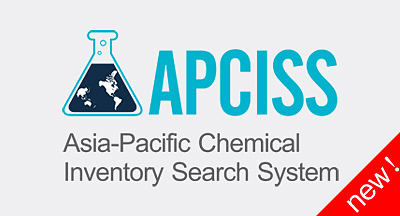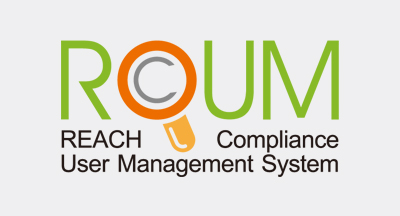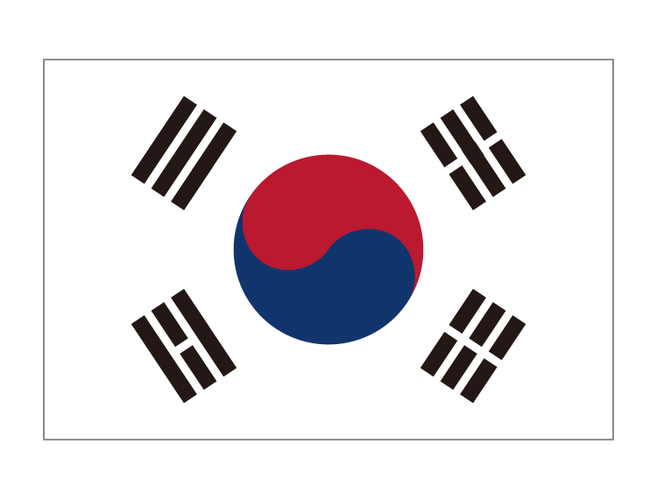
South Korea’s Ministry of Employment and Labour (MoEL) has released the draft implementation rules for the major amendment to the Occupational Safety and Health Act (Osha).
The Occupational Safety and Health Act was passed on 1 Jan. 2019 and will be implemented from 16 Jan. 2020, except for rules related to updated material data safety sheets (MSDS) which will be enacted from the same date a year later. In addition to these, a further 72 guideline documents and standards are also under preparation.
The implementation rules mainly concern increased responsibilities for employers to protect workers and sub-contractors. The main points include:
- Mandatory safety and health plans for manufacturers with 500 or more full-time workers;
- A ban on sub-contracting for some types of work to prevent occupational disease caused by long-term exposure to chemical substances, including plating; and
- The right of government to order the suspension of operations where there may be or have been "major" accidents;
- Some sub-contracting work will require approval including converting, dissembling or demolishing facilities or equipment where there is the use of 1% or more concentration of sulfuric acid, hydrofluoric acid, nitric acid or hydrochloric acid.
According to the requirements of the implementation rules, MSDS submissions are exempted for research purposes where a substance is manufactured or imported in a volume of less than 100kg/year. The public comments runs until 3 June.
However, as the implementation rules are unclear, the industry requires that the government must provide more detailed criteria:
- Defining the type of accident or potential accident that would be considered "major" enough to warrant a government suspension order;
- A correction order, rather than a very expensive full-scale suspension order, might well be sufficient to deal with many accidents;
- The requirement for approval for sub-contractors altering facilities containing 1% or more concentration of various acids would, interfere too much in manufacturing operations.
The ministry has responded to these concerns in a press statement. The MOEL said that suspension orders will be made only when identified imminent danger that can cause a major incident occurs, or where there are fires, explosions or hazardous chemical leaks. It would not be feasible to list all possible criteria because of the variety of risk factors in plants. However, government will provide more detailed guidelines in due course.
The ministry has rejected approval requirements for sub-contracting work altering premises where acids are involved. It believes that rule is necessary to protect the workers who are exposed to those substances from dangerous work and that these substances in particular have been identified as the cause of many industrial incidents.
If you have any needs or questions, please contact us at service@cirs-reach.com.


